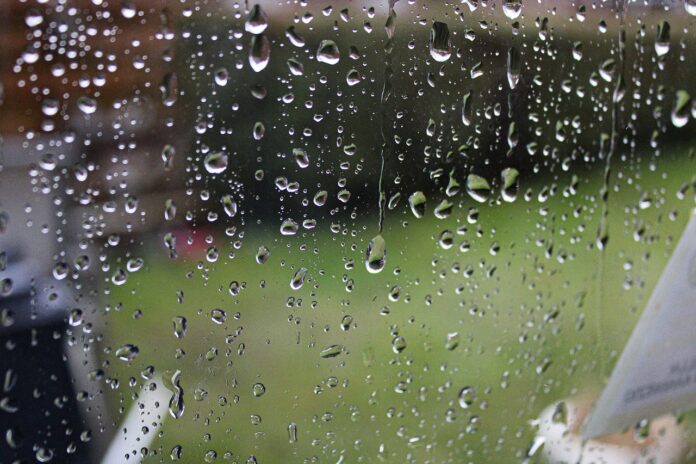Several parts of South Africa have been experiencing heavy rainfall which is set to continue well into the week. Rainy weather in South Africa usually means flooded bridges, traffic jams and dangerous roads. Un-housed people and those living in informal settlements usually face the worst of it. Here’s some ways to keep safe and also help others.
Help others
The usual advice given during stormy and rainy weather is to stay home. This is because of the many dangers that are present during the weather. For many, this might mean an opportunity to work from home and enjoy a warm cup of tea away from the rain. However for many it brings hardships. Some ways to assist is to carry spare umbrellas, plastic bags or other waterproof materials like raincoats. If you have a car, you can carry these with you and hand it out to people who perhaps don’t have any shelter from the rain. You can also keep a first aid kit in your car to help people who are injured until assistance comes or you can take them to a hospital.
READ MORE:
Affordable housing solutions can prevent flooding disasters
Try and help people get shelter. We know there are often safety concerns in South Africa but it’s also important to assist people who are out in the rain and cold weather. There are many shelters around the country where people can get warmth and shelter for even a night or two. You help the shelter by donating or finding out what specific assistance they need so that they can help others.
It’s also important to assist relief for people affected by flooding especially those displaced.
RELATED:
This is why extreme weather conditions are an issue of inequality
However, if you do find yourself out, drive safely
One of the first things that happens in rainy weather is that the roads become a mess. Traffic lights stop working, drivers are all in a rush to get out of the traffic and then there is the risk of flooding. As far as possible, it is best to refrain from driving in this weather. However, if it is impossible to avoid driving, then make sure to keep a safe travelling distance, drive with your lights on and do not take unnecessary risks.
RELATED:
Six ways you can prepare for the #CapeStorm
Waterproof your houses
Older houses, houses in informal settlements and those in rural areas are often the most vulnerable to flooding and leaking. It’s important for people living in informal settlements and under-developed housing to ensure that they have closed any possible leaks and fasten their roofs. If people are unable to do this themselves, they should contact their municipality and councillor to assist with emergency sheltering or evacuations, if necessary. People should also check their drainage pipes and gutters are clean and empty to avoid any blockages and water possibly flooding their homes.
RELATED:
Heavy rains in Durban are a curse for shack dwellers
It’s also important to have these emergency numbers saved:
Emergency – Ambulance (10177)
Emergency – Cell phone (112)
Emergency – National (10111)
Stay safe out there.









